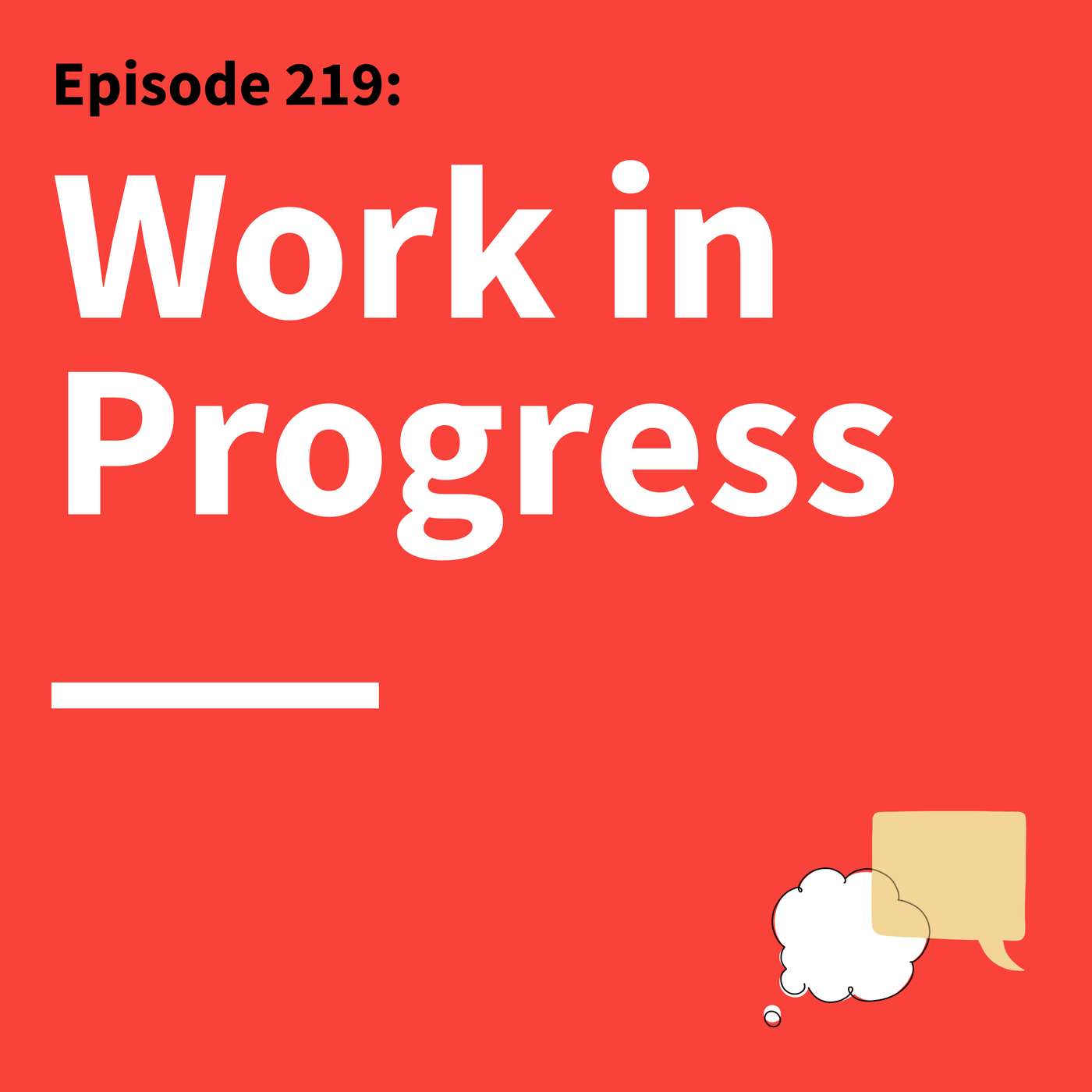What's Your Work Superpower?
The Main Idea in a Nutshell
- To find a job you truly love, it's more important to understand what motivates you than just what you're good at.
The Key Takeaways
- Companies Don't Get It: Most companies are stuck in the past, assuming every worker just wants to climb the corporate ladder for more money and a better title.
- There's No "Average" Person: In reality, people want very different things from their jobs—some want to master a craft, some want to help people, and some just see it as a way to pay for their hobbies.
- The Six Work "Types": Based on a huge study, the speaker says people's motivations fall into six main groups, which he calls "archetypes" (like a personality type for work).
- Generations Aren't Monoliths: You can't assume all young people (Gen Z) want one thing and all older workers want another; their individual motivations are what really matter.
- Fun Facts & Key Numbers:
- Fact: People over 55 will take over 150 million jobs by the end of the decade.
- Fact: The biggest work "archetype" is the Operator (who sees work as a means to an end), making up 24% of workers.
- Fact: The smallest archetype is the Pioneer (who wants to change the world), making up only 10% of workers.
Important Quotes, Explained
Quote: "> ...the mystery is, why haven't we applied that same thinking to our workers? Why do the firms who are selling us products... know so much more about our motivations than the firms we actually work for?"
- What it Means: It's strange that companies like TikTok and Google know exactly what videos or products we like, but the company we spend a third of our life working for often has no clue what actually gets us excited about our job.
- Why it Matters: This shows a huge blind spot in the world of work. If companies understood their employees as well as they understand their customers, they could create jobs that are much more fulfilling.
Quote: "> ...it turns out it was a myth all along that everybody wants to just climb up the next step on the greasy corporate pole."
- What it Means: The old idea that everyone's main goal is to get promoted over and over again is simply not true for most people today.
- Why it Matters: This is great news! It means you don't have to follow a single, narrow path to be "successful." Success can look different for everyone, whether it's becoming an expert in your field, helping your team, or having a job that lets you live a great life outside of work.
The Main Arguments (The 'Why')
- First, the author argues that the way companies manage people is totally outdated. Their systems for things like promotions and reviews are built for a type of "average worker" from 50 years ago who doesn't really exist anymore.
- Next, he backs this up with data from a massive study of nearly 50,000 people worldwide. The study proved that people have very different motivations that can be sorted into six clear patterns, or "archetypes."
- Finally, he points out that with so many different generations working together, it's pointless to make broad assumptions (like "all Gen Z workers are lazy"). It's much smarter to understand each person's individual drive.
Questions to Make You Think
- Q: The speaker mentions six "archetypes." What are they?
A: The text gives a quick rundown:
- Givers: Motivated by helping others succeed.
- Operators: See work as a means to an end; they value stability.
- Artisans: Love mastering a specific craft or skill.
- Explorers: Want freedom and to try new things all the time.
- Strivers: Motivated by success, status, and recognition.
- Pioneers: On a mission to change the world with their big ideas.
Q: Can your work "type" change over your life?
A: Yes, definitely. The text says that while some people stay the same their whole career, many people evolve. A common path is for someone to be a "Striver" (focused on success) when they're young and then become a "Giver" (focused on mentoring) or an "Artisan" (focused on what interests them) as they get older.
Q: What's the biggest mistake companies make with these archetypes?
- A: The text says most companies have accidentally designed their whole system to reward only one type: the "Striver." This can make all the other types of workers feel unseen and unappreciated, even if they are doing amazing work.
Why This Matters & What's Next
- Why You Should Care: As you start thinking about college and future jobs, this is super helpful. Understanding what really drives you can help you pick a career that makes you feel energized and happy, not just one that pays the bills or looks good to others. It helps you define success on your own terms.
- Learn More: The speaker, James Root, wrote a book called The Archetype Effect and mentions there's a quiz online. Try searching for "The Archetype Effect quiz" to find out which work type you might be.

